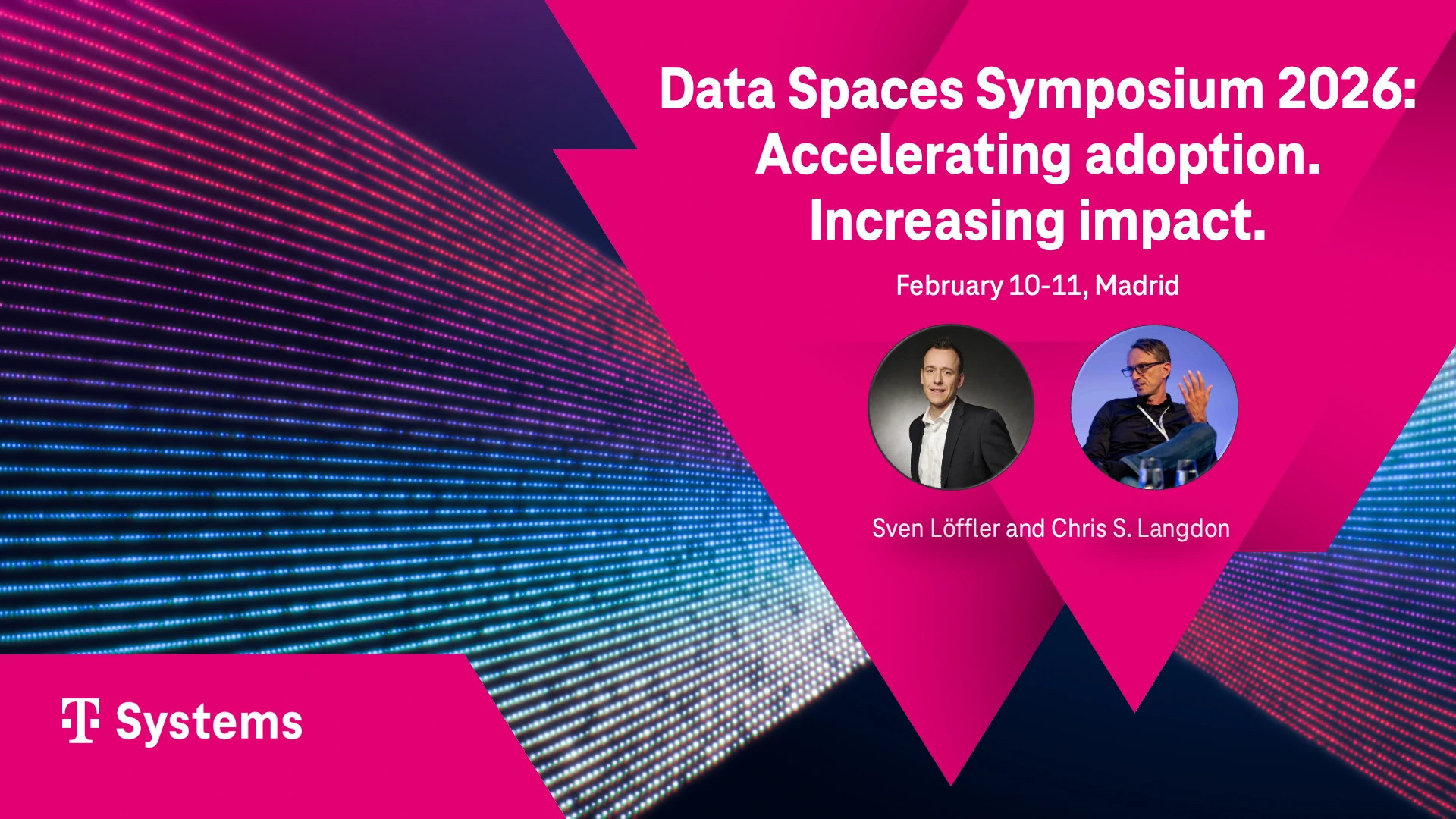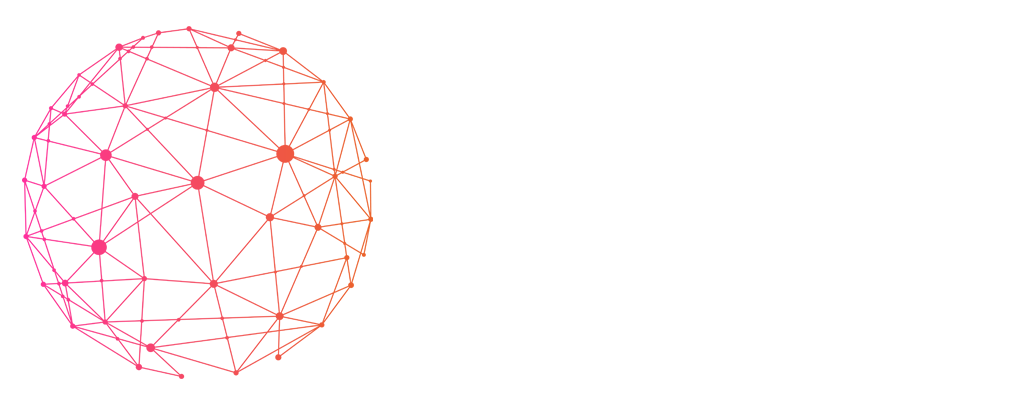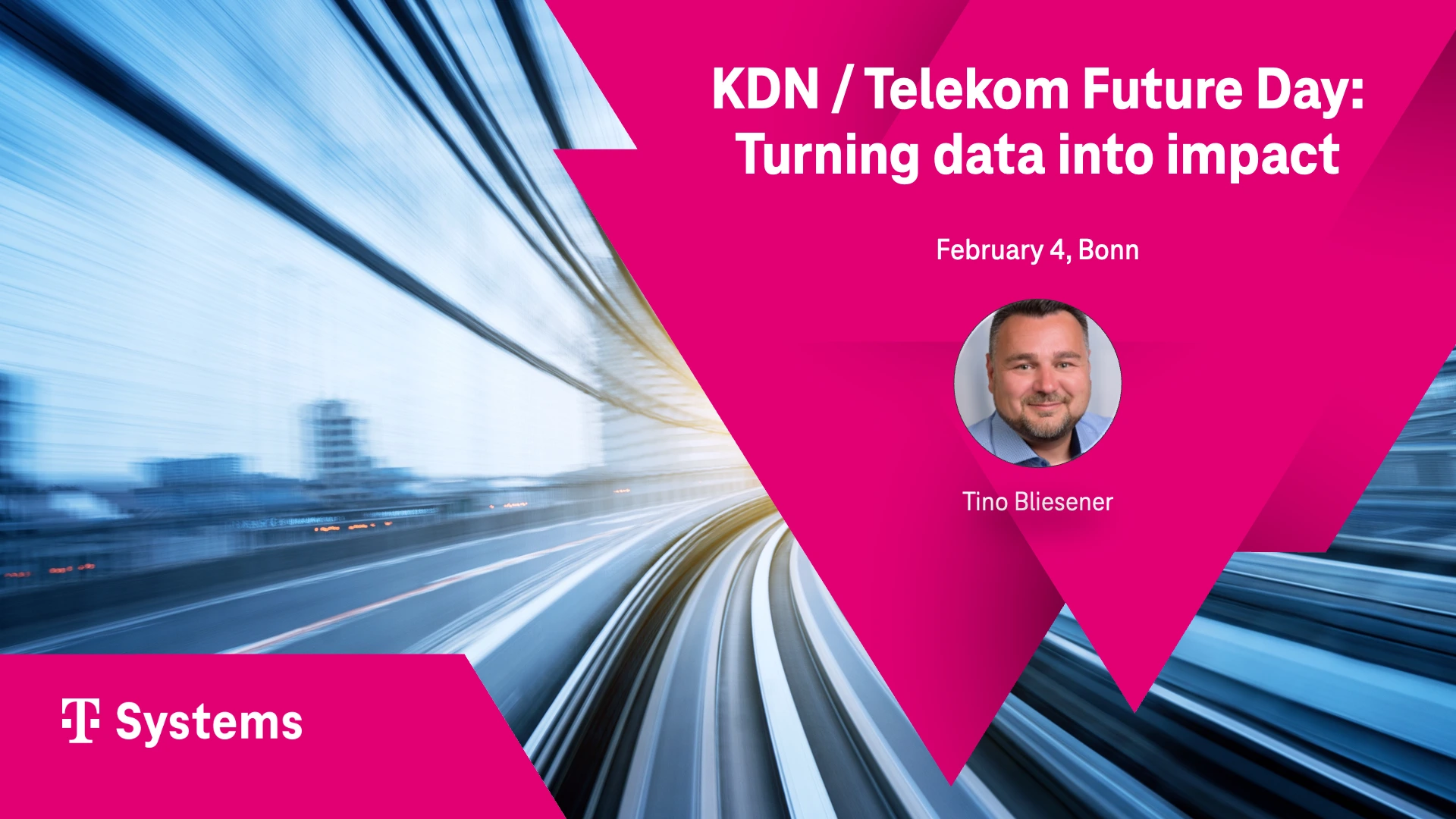Web Ontology Language (OWL)
Glossar Seite
Die W3C Web Ontology Language (OWL) ist eine Plattform für das Semantic Web, die entwickelt wurde, um komplexes und umfassendes Wissen über Entitäten, Sammlungen von Entitäten und die Verbindungen zwischen ihnen darzustellen. OWL ist eine logikbasierte Sprache, die von Computerprogrammen verarbeitet werden kann, um die Konsistenz des Wissens zu bewerten oder um implizites Wissen explizit zu machen. OWL-Dokumente, so genannte Ontologien, können im World Wide Web ausgetauscht werden und mit anderen OWL-Ontologien verknüpft oder von ihnen abgeleitet werden. OWL ist Teil der Semantic Web-Technologie des W3C, die RDF, RDFS, SPARQL und andere umfasst.
https://link.springer.com/content/pdf/10.1007/978-3-030-93975-5.pdf
Aktuelle Webinare
Aktuelle Artikel
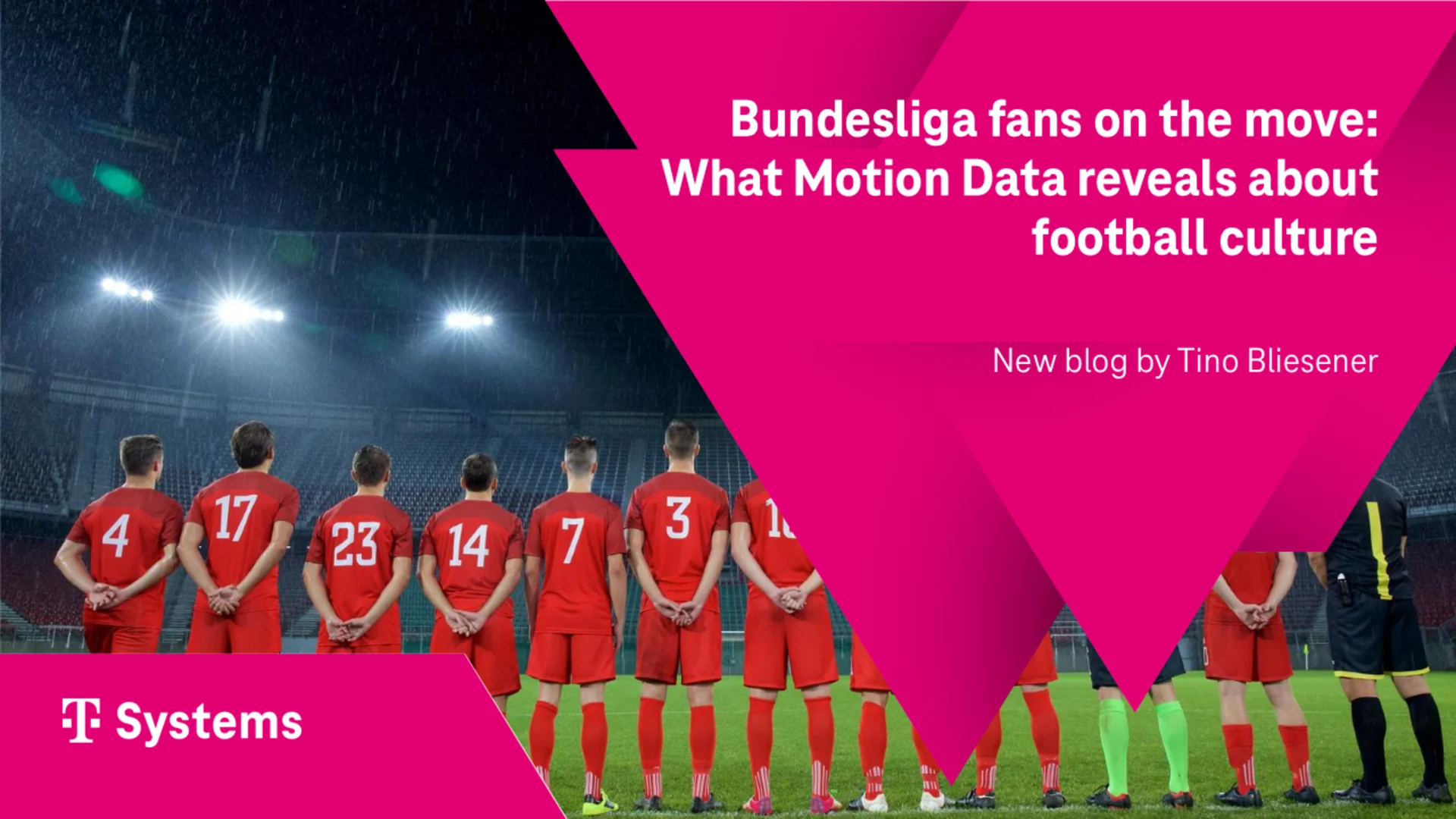
Bundesliga fans on the move: What Motion Data reveals about football culture
The article explores how T‑Systems’ Motion Data leverages anonymized mobile network information to reveal real‑world fan behavior in the 2024/25 Bundesliga season. It highlights how supporters travel to home and away matches, the demographic composition of stadium audiences, and which clubs attract the largest crowds—including surprising cross‑border dynamics. By transforming assumptions into measurable insights, Motion Data enables clubs, cities, and event organizers to improve mobility planning, enhance stadium operations, and design more targeted fan engagement strategies.
Weiterlesen

Tino Bliesener
28. Jan. 2026

Flex: Electronic Control Unit (ECU)
Flex partnered with T-Systems to migrate ECU data exchange to Catena-X, enabling secure, multiregional, real-time validation across global production sites. Using T-Systems’ Connect & Integrate solution, Flex achieved end-to-end integration, API and Cofinity-X interface testing, and a fully validated production setup. This scalable dataspace foundation now supports future use cases including Product Carbon Footprint, Certificate Management, Battery Pass, and global traceability, while maintaining full data sovereignty.
Weiterlesen

Andrea Garcia
16. Jan. 2026
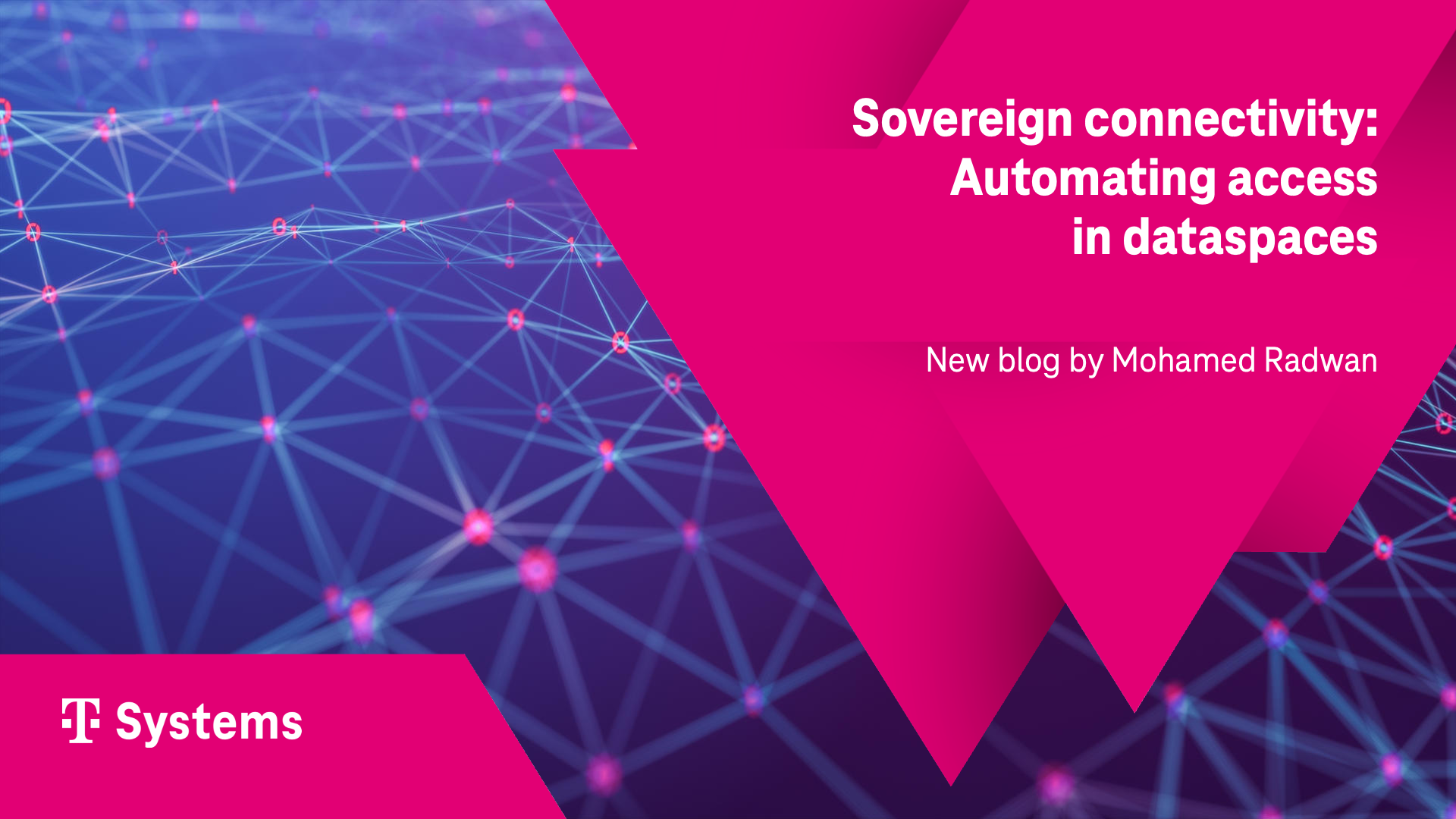
Sovereign connectivity: Automating access in dataspaces
Sovereign connectivity in dataspaces requires automating network access to ensure security, compliance, and operational scale. In the Data Intelligence Hub, we replace manual firewall updates with a declarative, Kubernetes-native model using Custom Resource Definitions (CRDs). Customers define their allowed IP ranges through a self-service portal, which generates an IpAccessPolicy object representing the desired state. A controller then reconciles this state with the underlying infrastructure, automatically updating Kubernetes Ingress configurations and preventing drift. This architecture ensures auditability, validates inputs before enforcement, and keeps network access aligned with the principles of data sovereignty across multi-tenant environments.
Weiterlesen

Mohamed Radwan
15. Jan. 2026
